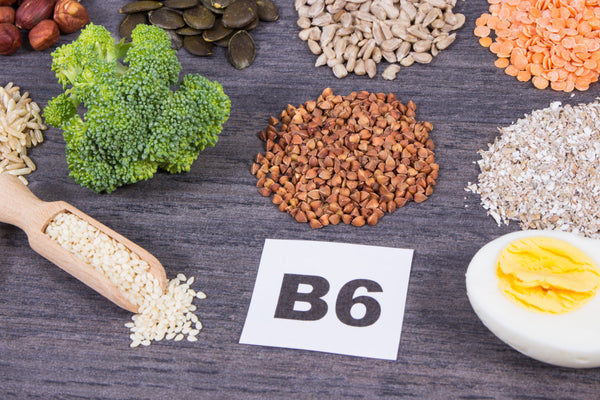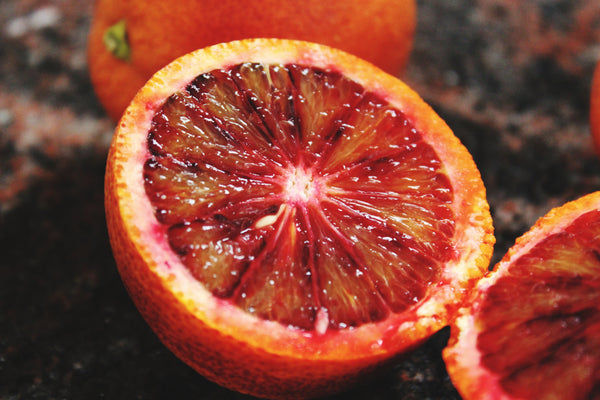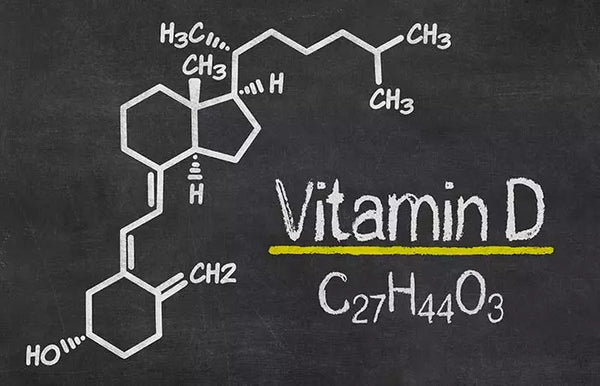
5 Types of Vitamin Recommended for Prospective Mothers

For those of you who want to do a pregnancy program, it is very important to maintain nutrition. There are several vitamins that are recommended for prospective mothers.
It is important to consume vitamins for pregnant programs to support the nutritional and health needs of pregnant women later.
In addition, taking vitamins during pregnancy will also help the development of the fetus in the womb, especially in the early days of pregnancy.
So, what vitamins are important to consume while undergoing a pregnancy program?
Here we summarized 5 types of vitamins that are recommended for prospective mothers. Let's see below!
1. Vitamin A
Read: The Importance of Vitamin A for Children: Benefits, Dosage
Vitamin A in the body is converted as beta-carotene. This vitamin plays an important role in maintaining eye health and the development of teeth and bones. Foods that contain vitamin A you can find in:
- Egg
- Dairy products
- Green vegetables (spinach and broccoli) and yellow vegetables (carrots)
- Yellow fruit
- Potato
In addition, for you undergoing a pregnancy program, it is recommended to meet the intake of vitamin A as much as 770 mcg per day.
2. Vitamin B
Read: The Essential of Maintaining Vitamin B Complex in the Body
Several B vitamins that can help increase fertility, including:
-
Vitamin B1
Essential vitamin B1 or thiamine plays a role in increasing energy in pregnant women and the growth of the baby's brain. This vitamin can be obtained by eating oats, eggs, and berries.
-
Vitamin B2
The next B complex vitamin that is good for consumption during pregnancy is vitamin B2.
This vitamin plays a role in producing energy and helping the body metabolize fat.
If the required vitamin B2 is not sufficient, then the macronutrients cannot be digested properly. Though macronutrients are needed you know during the pregnancy program.
You can eat meat, fish, tempeh, dairy products, and eggs to get vitamin B12 intake.
-
Vitamin B3
Vitamin B3 is usually recommended before or during pregnancy, this vitamin can significantly reduce the rate of miscarriage and congenital abnormalities. Mama can eat avocado, mushrooms, and potatoes to get vitamin B3 intake.
-
Vitamin B6
Taking vitamin B6 can help increase the formation of red blood cells and reduce morning sickness.
A study stated that homocysteine is an amino acid found in the bloodstream so if homocysteine levels increase, it can increase fertility.
-
Vitamin B9
Folic acid needs that are not met can interfere with the menstrual cycle and become irregular. To prevent this, you can eat vegetables that contain vitamin B9 such as broccoli, asparagus, chickpeas, and green vegetables.
-
Vitamin B12
Lack of vitamin B12 can affect fertility in both men and women. In men, this vitamin plays a role in the formation and maturation of sperm.
Whereas in women, a lack of vitamin B12 can make it difficult to get pregnant and if a pregnancy occurs when the vitamin is very low, it increases the risk of miscarriage.
Vitamin B2 can be found in liver and beef, shellfish, dairy products, and tuna.
3. Vitamin C
Read: Various Kinds of Vitamins and Their Benefits
Vitamin C is one of the best vitamins for mothers to consume during pregnancy.
Vitamin C contributes as an antioxidant that protects cells in the body and maintains the immune system and helps ward off free radicals.
In addition, this vitamin also helps increase fertility and stabilize body hormone levels and fight infections that can interfere with the ovulation process.
You can find vitamin C in oranges, mangoes, strawberries, and tomatoes.
4. Vitamin D
Meeting the daily intake of vitamin D can reduce the risk of endometriosis, which is one of the reasons some women have difficulty conceiving.
Researchers also believe vitamin D can promote healthy egg production and increase embryo implantation in the uterus.
So, it's not important to take vitamin D. You can get vitamin D intake in various types of foods, such as milk, salmon, cod oil, and beef liver.
In addition, don't forget to take the time to bask in the morning sun because when exposed to sunlight the body can produce vitamin D.
5. Vitamin E
You also need vitamin E during the pregnancy program. Vitamin E can help thicken the thin uterine wall and treat polycystic ovary syndrome, a condition in which hormonal imbalances occur and slow down metabolic processes.
You can find vitamin E in several types of foods such as avocados, green vegetables, and whole grains.
So, those are the five recommended pregnancy vitamins for prospective mothers.
In addition to paying attention to vitamin intake, you also have to get used to a healthy lifestyle and don't forget to get enough rest. May be useful!






